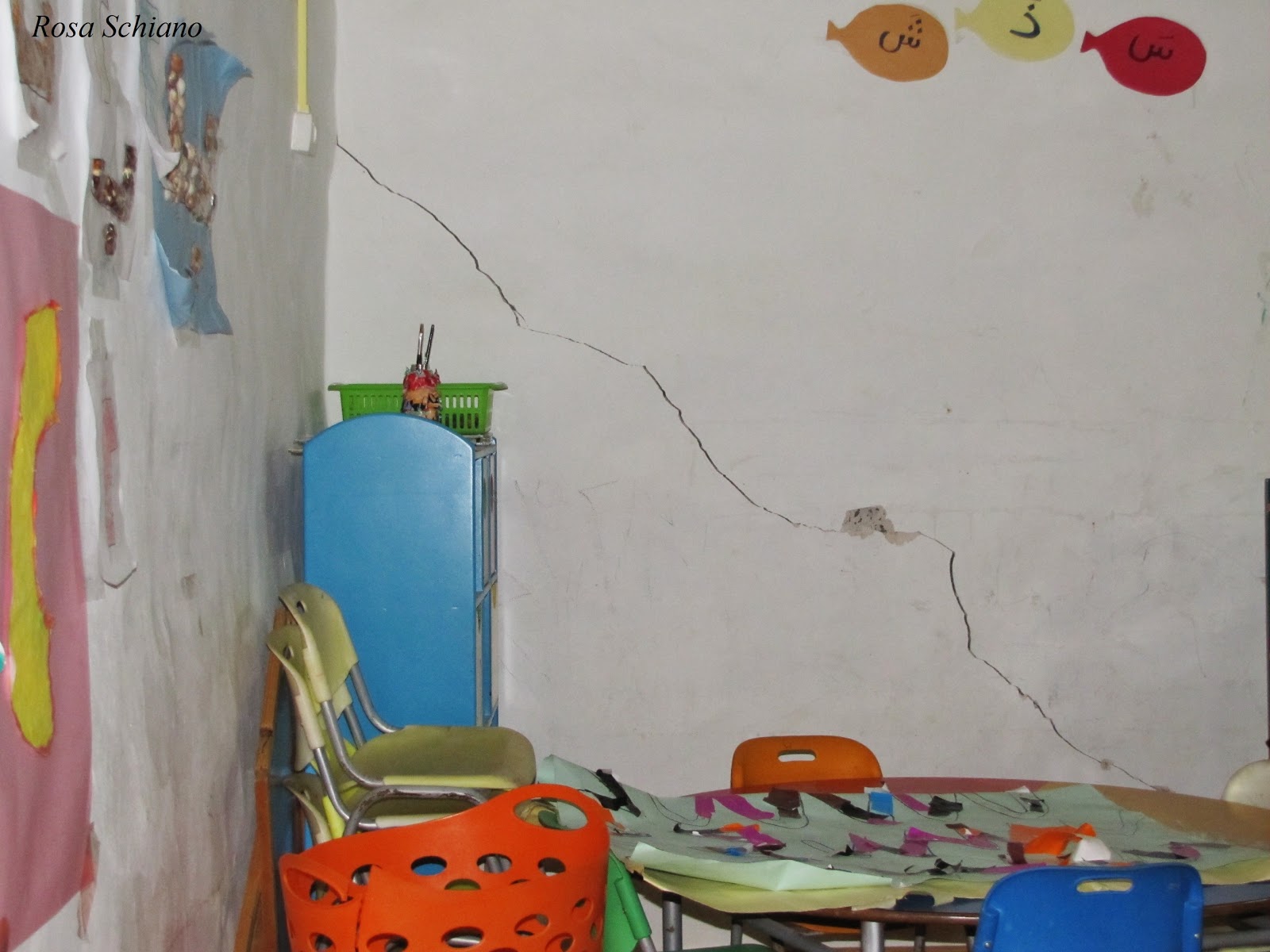Tag: Air Strike
-
A new Gaza Massacre: Press Release
14th November 2012 | The One Democratic State Group, Gaza Strip via www.odsg.org Besieged Gaza, Occupied Palestine–The Palestinian Students’ Campaign for the Academic Boycott of Israel, University Teachers’ Association and The One Democratic State Group condemn in the strongest possible terms the criminal Israeli attack against innocent Palestinians in the Gaza Strip. More than 7…
-
Israel attacks on al-Shoja’iya, Gaza. 4 Palestinian civilians killed, 38 injured
11th November 2012 | Hussain News, Gaza Strip For two days, the Israeli Occupation Forces (IOF) bombed and shelled civilians in the Gaza Strip. Five Palestinian civilians including 3 children were killed. 52 civilians including 6 women and 12 children were wounded. Many of the injuries remain critical, some have amputations. 2 members of the…
-
New Israeli Air Raids on the Gaza Strip
16 October 2012 | International Solidarity Movement, Gaza The Israeli air force has conducted several air raids at night starting on the 12th of October, and ending on the morning of the 13th. “I felt a huge explosion at midnight while in a cafè with some friends. The first attack hit a Hamas military base…

